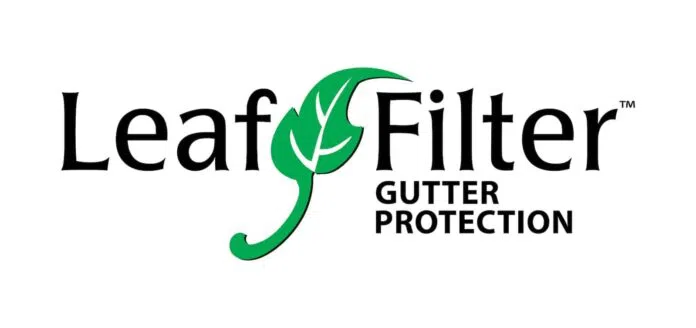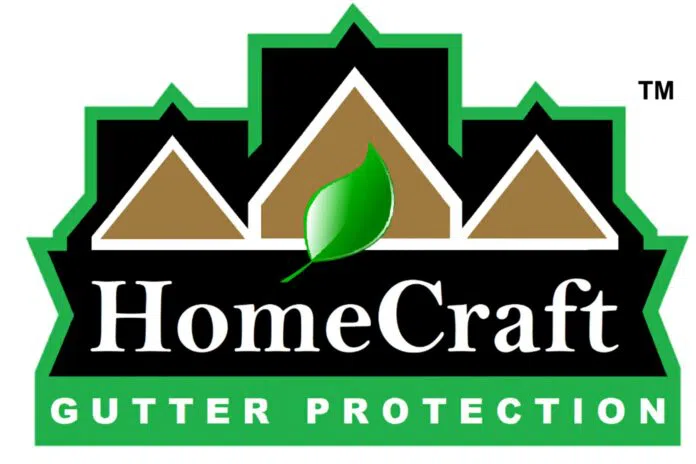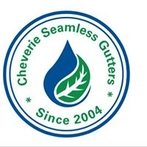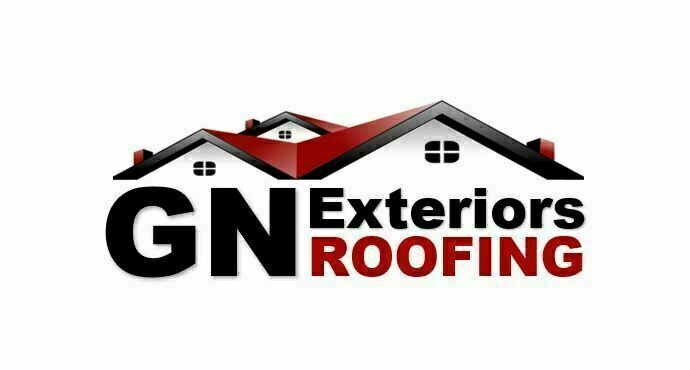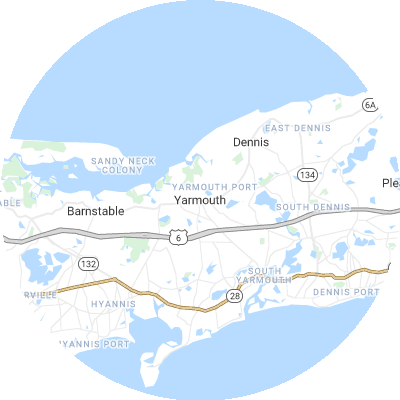Signs You May Need Gutter Guards
Although gutter guards aren't always needed, the symptoms of congested gutters are typically clear. Signs of chronic gutter problems include:
- Soggy ground or visible erosion patterns around your home's foundation
- Leaky seams or joints where water leaks out of gutters
- Visibly saggy, damaged, or misaligned gutters that no longer direct rainwater correctly
- Frequent clogs that lead to overflow and water spilling over gutters
- Mold growth, interior wall stains, or peeling exterior paint on walls near gutters.
How To Choose a Gutter Guard Installer
Assess Their Experience
Providers with years of gutter guard installation experience that have handled many different styles and models will know how to take accurate measurements and fit guards to your home’s unique dimensions. Reach out to these companies to find out about their experience and ask for local references.
Verify Proper Licensing and Insurance
Confirm that the businesses you're considering have valid licenses, bonding, general liability insurance, and workers compensation coverage. This protects you in case of injuries or accidents that could arise. Ask potential providers for current licensing and insurance papers.
Choose Reputable Brands
Look for companies that carry tenured and trustworthy gutter guard brands like LeafFilter and Gutter Helmet. Avoid companies that only install generic no-name guards or their own off-brands, which may not have undergone rigorous quality control testing.
Seek Custom Fit Services
Your guards should be measured and trimmed on-site to match your gutters. Choose a company that custom measures and trims guards for your house rather than using universal guards. Guards fitted for your home leave no gaps for debris accumulation.
Examine Warranties
Leading gutter guard installers are typically backed by 20-year or lifetime warranties covering clogs, leaks, rust, and other defects. Before choosing a provider, closely inspect its warranty terms on materials and workmanship guarantees. Warranties are the most effective way to protect your gutter investment.
Check Reviews and Referrals
Be sure to check online reviews on the Better Business Bureau (BBB), Google Reviews, Yelp, and other review sites to read about customer experiences. Ask neighbors for recommendations of quality local gutter guard companies. When researching providers, it's best to select companies with a track record of consistently good feedback instead of just one or two reviews.
Types of Gutter Guards
The six typical gutter guard types are as follows:
- Brush guards are what they sound like: large brush bristles that sit in your gutters to let water through while blocking debris. On average, you can expect to pay $4.06 per linear foot for brush guards.
- Foam guards are lightweight and easy to install. Debris collects on the foam instead of in your gutter. On average, you can expect to pay $2.47 per linear foot for foam guards.
- Screen guards have large holes that allow water through while keeping out debris. On average, you can expect to spend $4.57 per linear foot for screen guards.
- Mesh guards stop debris but allow water to flow through. Mesh guards have even smaller holes than screen guards. They're durable and encourage debris to slide off as opposed to sitting on top of your gutters. On average, you can expect to spend $4.27 per linear foot for mesh guards.
- Micro-mesh guards are usually the most effective. Micro-mesh guards have smaller holes than regular mesh guards and let even less debris through. On average, you can expect to pay $5.34 per linear foot for micro-mesh guards.
- Surface tension guards, also called reverse curve guards, use surface tension to allow water to flow into your gutter system while debris slides off. Typically, they will be visible from the ground. Surface tension guards cost around $3.35 per linear foot.

